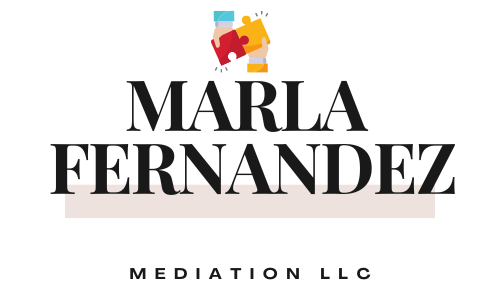America’s History Divide: Bridging the Gap Through Education
Unlocking the Shocking Truth: How History Class is Dividing America!
This topic is close to my heart. As I sit down to reflect on an article I came across in Education Week titled “How History Class Divides Us,” I can’t help but ponder how today’s Americans struggle to engage in constructive debates and find common ground on important issues. My perspective is shaped by my observations of discussions on Facebook within my network and various groups.
The article featured a panel of teachers proposing thousands of changes to the way American History is taught. However, the underlying theme was about exploring the values that define Americans. What truly makes someone American? Interestingly, what should be emphasized is the teaching of authentic history in conjunction with civic responsibilities. This is precisely why I’ve chosen homeschooling and a classical education for my son, one that centers around our core values.
It appears that American schools often fail to teach history as a means for students to genuinely grasp its significance. I’m grateful that this article shed light on this issue, and I encourage everyone to read it if they have the opportunity. America, with its rich tapestry of diverse cultures and religious backgrounds, was held together by a powerful adhesive—the Constitution. The principles enshrined in the Constitution, particularly the Bill of Rights, are what define us as “American.” If we can’t reach a consensus on our shared history and how to teach it, our current polarization and political dysfunction will persist, and we risk facing the same fate as the Roman Empire.
We cannot continue to teach history in fragments. While I personally love history and politics now, I found them dull and uninspiring during my K-12 education. It lacked the excitement and relevance that it should have held. Moreover, geography should be taught in conjunction with history to help students connect the dots. Presenting accurate facts in a neutral manner, free from any partisan influence, is crucial. Students should be taught to analyze and interpret these facts and engage in debates that aim to resolve conflicts rather than perpetuating “identity” politics. It saddens me that history teachers often only provide a superficial overview of the subject.
Reading the article also led me to revisit a book I purchased years ago, “The Lies My Teacher Told Me” by sociologist James Loewen. Although I hadn’t finished it before, I now feel compelled to do so. I initially picked it up due to its intriguing title, and I bought it at the Smithsonian Museum of American History in Washington D.C. The book critically examines the textbooks used in schools.
One of the most thought-provoking arguments Loewen presents is that the textbook format itself encourages silence in students, undermining their development as engaged citizens. This silent approach is evident in modern debates, where people often aim to persuade others to their viewpoint without fostering deep discussions. I believe this “quietness” Loewen discusses is a prevalent issue.
Furthermore, the article highlights another significant point from Loewen’s ideas. It emphasizes that textbooks should not merely present history for students to “learn” but should help them learn how to approach history as a subject. We’re not studying the past merely out of curiosity; we’re studying it to fulfill our roles as responsible Americans. This is precisely why a classical education, which encourages students to form their own conclusions after carefully evaluating evidence, is essential.
In essence, mainstream media should present facts impartially, allowing Americans to form their own conclusions after weighing all the evidence. If Americans are constantly bombarded with narratives that favor one side or the other, polarization and the identity politics game will persist.
In conclusion, the article’s message is clear: we should teach our children how to think critically about history and equip them with the skills to seek the truth. I strongly recommend finding the article and reading it. Afterward, please share your thoughts in the comments below. Let’s continue this important conversation.
